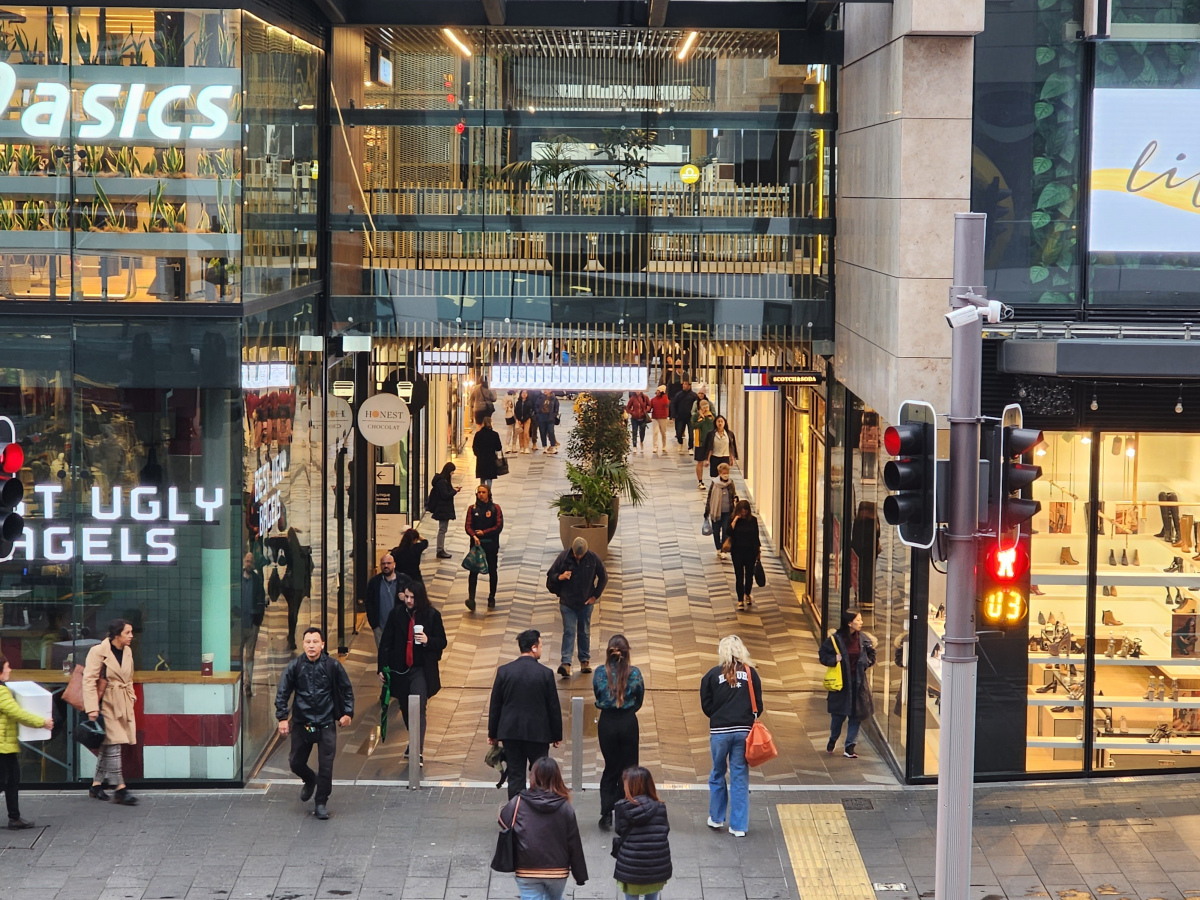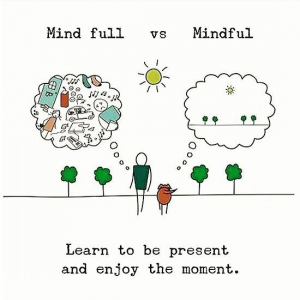ADHD Awareness Month
October is ADHD Awareness Month and it’s a topic close to my heart as I received a diagnosis earlier this year. Yes, in hindsight I should probably have recognised it given that I’ve worked in the disability space for 20+ years. But while I didn’t recognise it, few people who know me well were particularly surprised when I explained.

My ADHD diagnosis was only after years (ok decades) of uncertainty about why I went from super productive to total burnout on a far too frequent basis. Yes, I managed to get a PhD, I run a business, and seemed to manage, most of the time. But the exhaustion is real and is something that I’ve tried to hide or mask over the years.
ADHD exhaustion and burnout are feelings of overwhelming fatigue, reduced productivity, and a sense of hopelessness or despair. Those experiencing ADHD burnout may find it even more challenging than usual to initiate and complete tasks, maintain focus and attention, and regulate their emotions.
For example, to get through my PhD I had to set timers for 45 minutes of total focus, turn up the music, and then when the timer went off have a 5 minute break. I’ve only just realised it is an established ADHD coping technique called the Pomodoro Technique.
The concept of masking where you ‘mask’ your authentic self to better fit in is common among neurodivergent individuals. It is more challenging to maintain when you are face to face. It can be taxing to manage tendencies like hypervigilance, rapid speech, or constant movement. These traits, often attributed to stress but stemming from ADHD traits, require significant effort to suppress.
My tendency to be hypervigilant looking around all over the place, talk fast and constantly be on-the-move can be somewhat masked on a video call. I HAVE to sit still in front of the camera and one of the team, or a sticky note, is usually there to remind me to slow down.
But, in person my energy is often misinterpreted as stress. People often suggest I slow down, relax, and breathe when they see me at events. But masking those things take huge effort for me, something I’m out of practice with. It also takes a huge amount of energy for me to stay seated, leave my shoes on, stay focused and not wander about during in person meetings.
Overstimulation is another real concern for many neurodivergent people which can lead to burnout. Dealing with excess noise, light, people, and unexpected demands can be overwhelming. Acknowledging these limitations and finding a balance between engagement and self-care is essential.
After a hectic couple of weeks of face-to-face interaction where burn out hit me with a bang, I did some self-reflection while my batteries recharged. Here are a few tips about how to avoid burn out yourself and how to support others now that face to face interactions are more common again.
Get the timing right
Avoid consecutive days of back-to-back in-person engagements if overstimulation is a potential issue. Allocate time for reflection and recharge to ensure sustained productivity. Ensure you have time to compose yourself before you get to an event, especially if you are presenting. As a facilitator, understand the demands on your attendees to find the right timing and duration.
Break things up
As a facilitator remember that most people struggle to focus for an hour on one thing without a change of pace, activity, speaker or location. It might be as simple as noticing that everyone is looking a bit tired and getting them to move around a bit. On a personal basis, if you need to move then move.

Ask for support
Reach out for assistance if you are feeling overwhelmed at an event, or when organising an event. Communicating your needs and seeking help can prevent a downward spiral. Facilitators need to be vigilant for people who are struggling and be flexible enough to accommodate. They need to have support for themselves too.
Take a Moment
Embrace brief moments of solitude to rejuvenate. Whether it's a quiet corner, a short walk, or an escape with earbuds, these moments contribute to overall success. If you get overwhelmed at a conference give yourself permission to skip a session that’s not so interesting before things get really bad and then you can’t attend any sessions at all. If you are organising or facilitating, have some backup so you can take a moment if you need to.

Be flexible
If you fidget or feel more comfortable without shoes, then bring quiet fidgets in your pocket and wear shoes that you can slip on and off discreetly. As a facilitator consider normalising these behaviours by providing fidget toys on tables, providing space to stand that doesn’t distract others and starting with housekeeping statements that make standing acceptable.
Consider hybrid events
And finally, remember that one of the great things about Covid was that many disabled people were able to participate more equitably in events online than had previously been possible at in person only events. Many companies have now cut travel budgets and reduced opportunities to travel for conferences and training. Consider providing both in-person and online options to allow greater participation. If you do hybrid events find ways to include everyone in activities.
I've only recently learned the importance of slowing down and considering different strategies to avoid burnout with the increase of face-to-face interactions. If you are running face to face sessions, consider the needs of your neurodivergent attendees. The key is to strike a balance and practice self-care to ensure sustained productivity and well-being.
If you'd like to learn more about Access Advisors and our work, please get in touch.
#AccessibleAotearoa #DigitalAccessibility #AccessAdvisors #AvoidADHDBurnout
